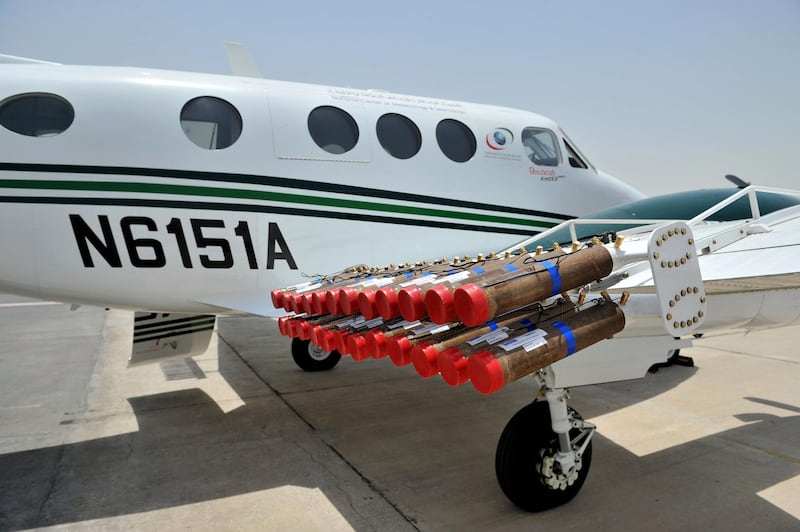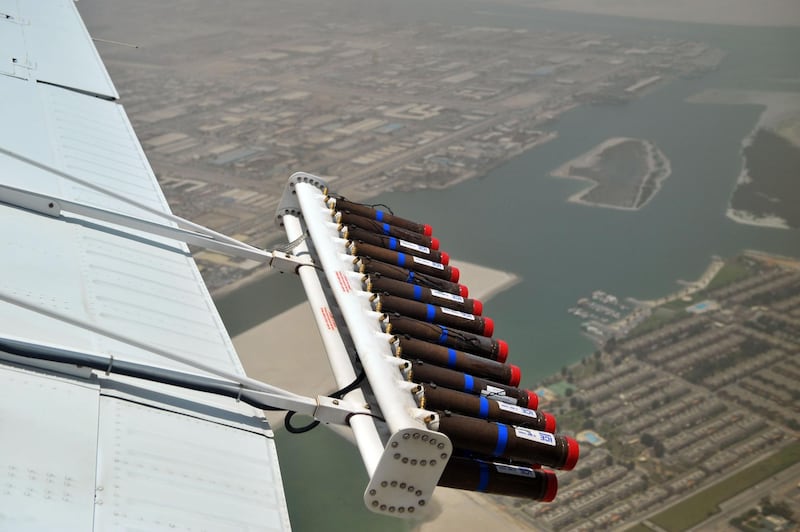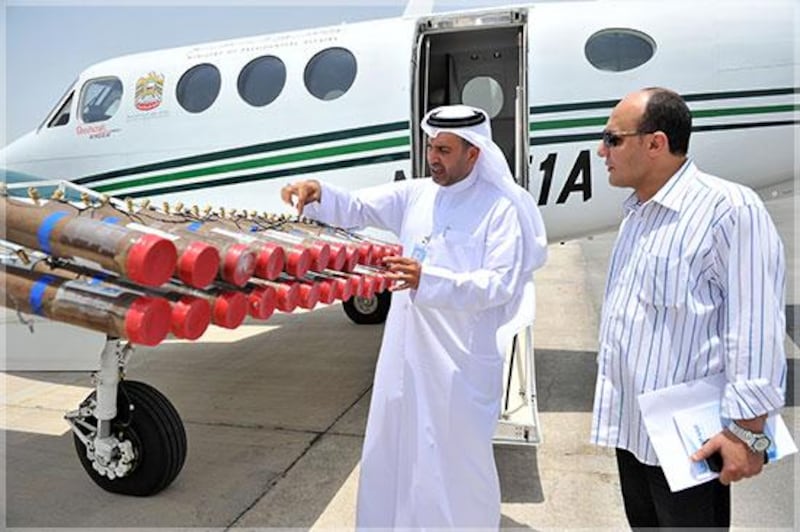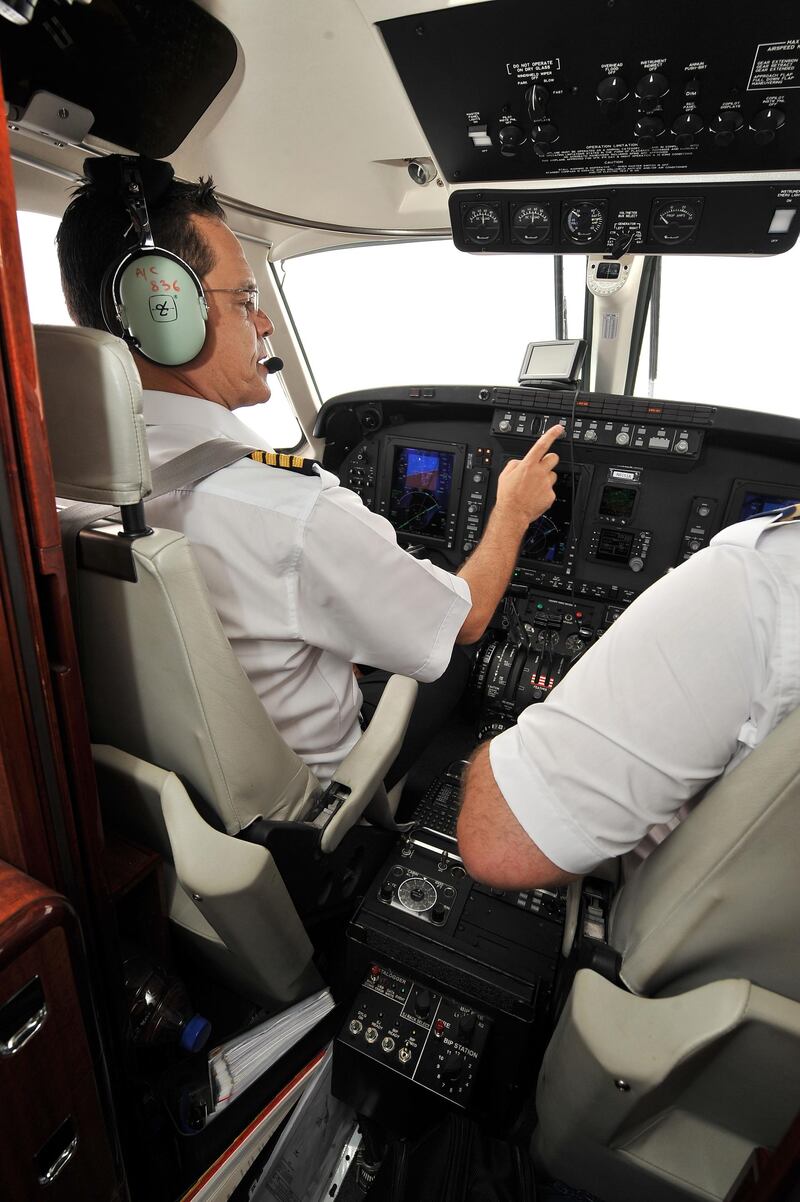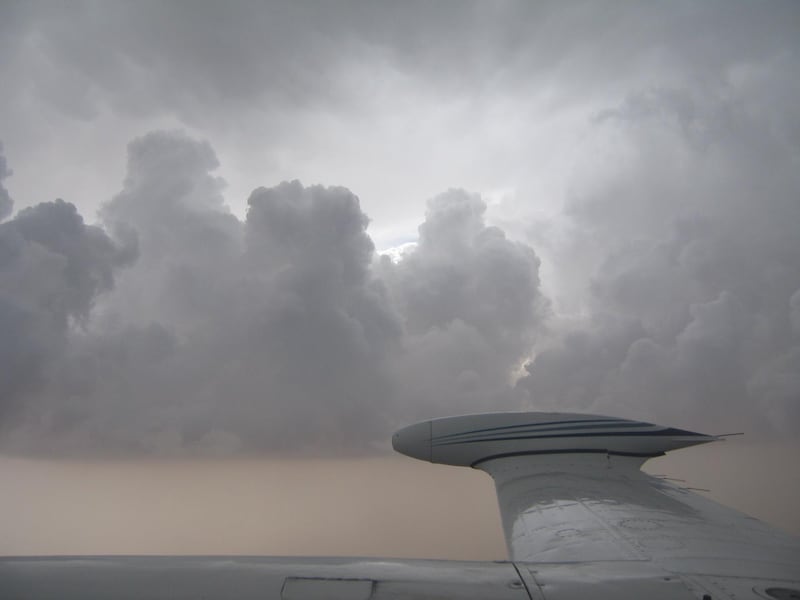Related: Cloud seeding - it's more complicated than you might think
The UAE has called on scientists from around the world to help scale-up its cloud seeding operations.
Authorities in the Emirates highlighted the country’s annual Dh18 million ($5m) grant awarded to projects developing new techniques to encourage rainfall.
The fund, launched by the UAE’s Research Programme for Rain Enhancement Science, is now in its fourth year.
Previous projects which have been backed by the initiative have included research into rain-making drones and building sophisticated weather sensors.
“Water scarcity is one of the most critical global issues,” said Dr Deon Terblanche, a consultant climate scientist for the World Bank.
“Rainfall enhancement is a key solution for protecting water resources in the future.
“This award is a call for action for brave new approaches and research in the field.”
Dr Terblanche was speaking during a panel discussion at the International Rain Enhancement Forum in Abu Dhabi on Sunday.
He argued that continued advances in Artificial Intelligence (AI) and computer learning would prove pivotal in adapting to the challenges of climate change.
He said new technologies should be harnessed to “augment our knowledge” of key weather trends.
How cloud seeding works
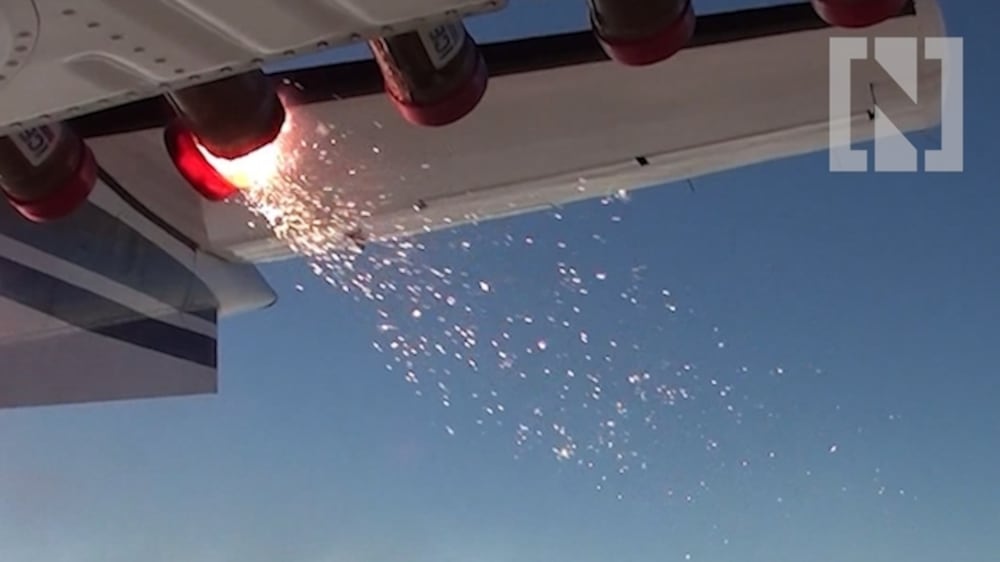
And he claimed drone technology would likely play an increasingly significant role in cloud seeding.
“Today, we talked about using drones to deliver seeding materials like salt and silver iodine to clouds,” he said.
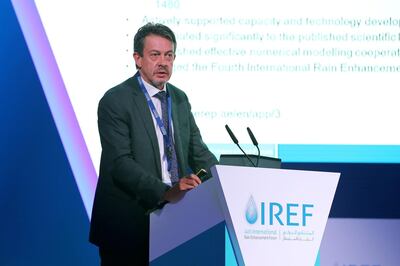
“Currently, we use planes piloted by humans but [we should] look beyond the traditional methods.
“Drones have the potential to respond to cloud formations quicker. By studying their flying patterns and trends, we could use algorithms to map out future flight paths.”
Dr Terblanche went on to outline three key areas which he believed needed to be properly addressed if further advances in weather modification science were to be made.
He claimed better collation and analysis of data was needed, as was the identification of suitable clouds for seeding. He also stressed the need to improve types of seeding materials.
“The data collection process for clouds needs to be improved both in terms of response times and geographical coverage,” he said.
“This would be a key area of focus for those looking to join the UAE award programme.
“In most cases the technology is already out there being applied in different fields, like AI. It just needs to be applied in the rain enhancement field.”
In 2017, Professor Eric Frew, from the aerospace engineering sciences department at the University of Colorado Boulder, was one of the parties awarded funding by the UAE programme.
His project involved using radar to monitor an approaching storm, identifying whether it had the potential to be seeded by a drone.
Dr Ali Abshaev of the Rain Suppression Research Centre in Russia, has been another beneficiary.
Speaking on Sunday, he said “high performance technology” had dramatically increased the capabilities of rain enhancement approaches.
“The issue is getting people to pay attention to this field,” he said. “Interest has waned in the last decade.
“But because of climate change, countries need to invest more in addressing water scarcity issues. More programmes like the one in the UAE need to come up elsewhere.”
